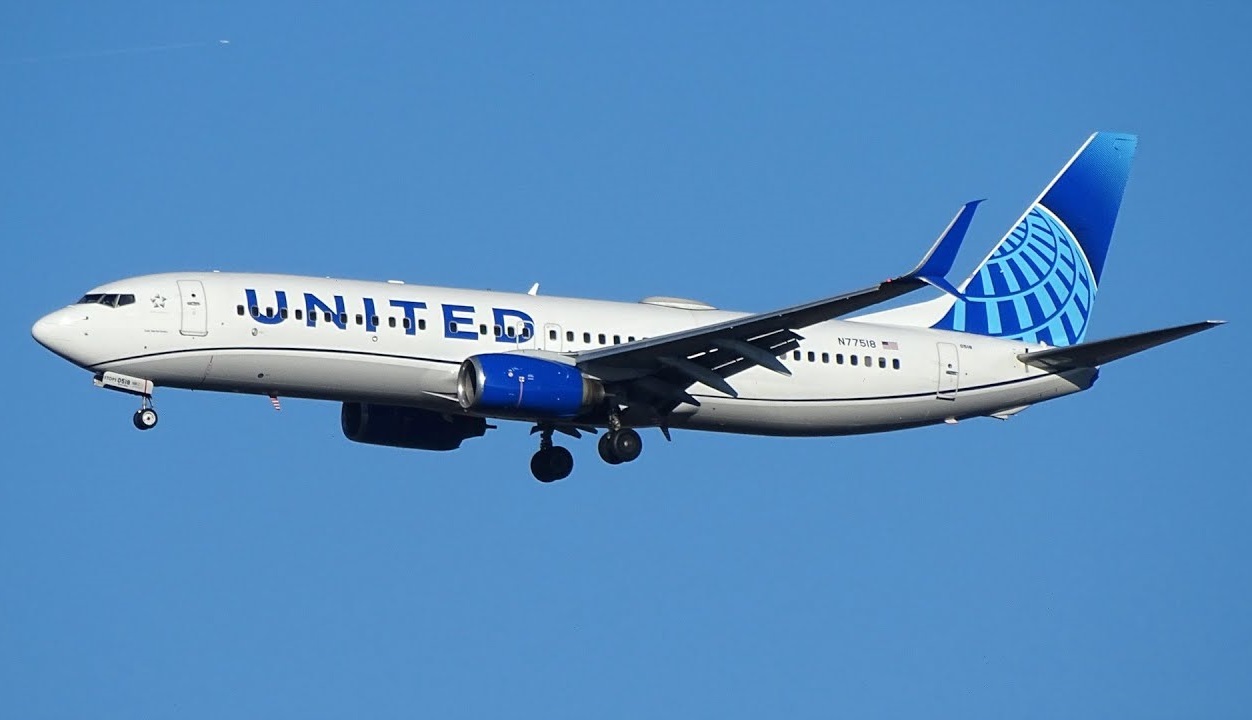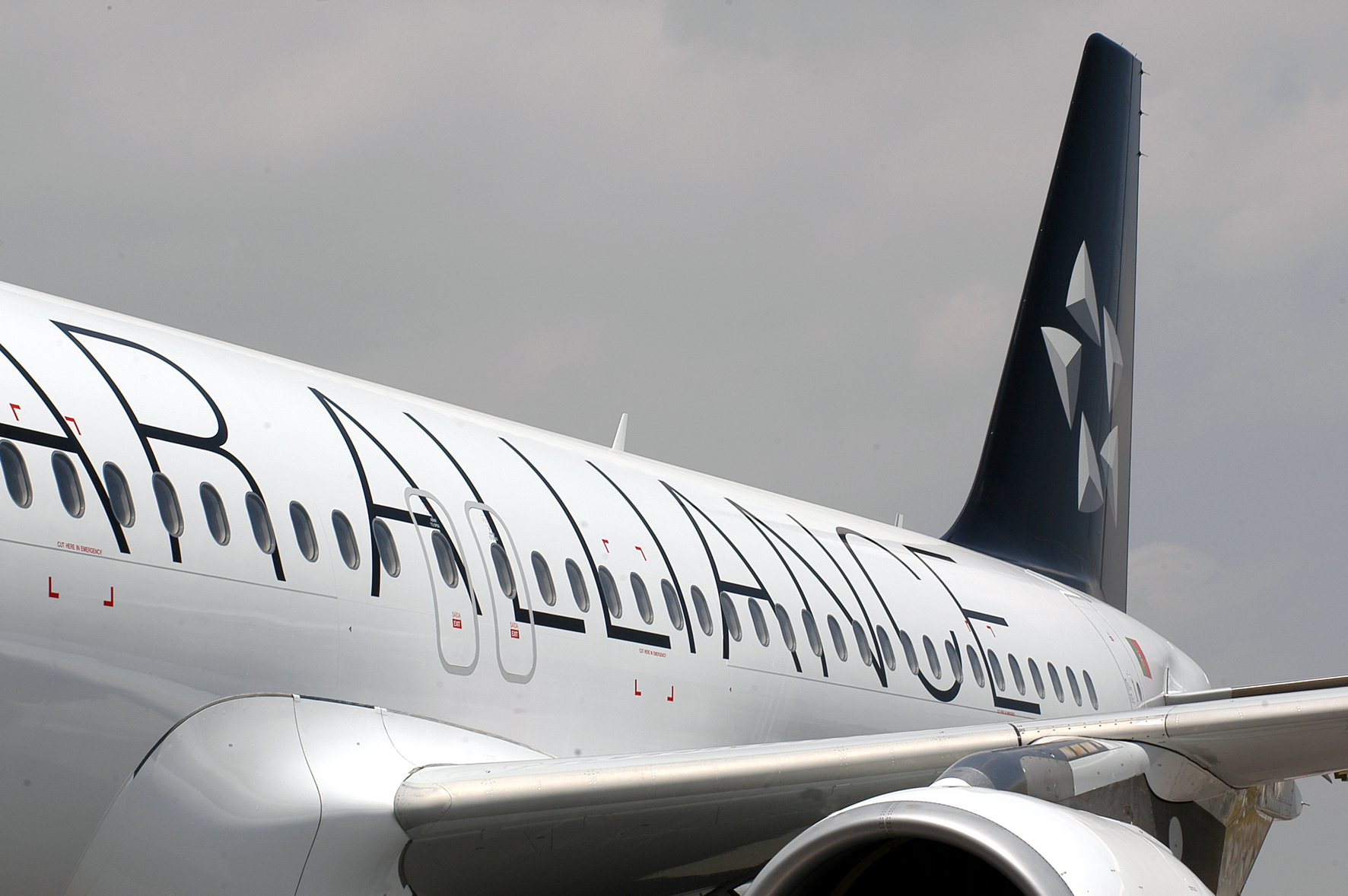- The Indian company Serum has announced delays in the delivery of the AstraZeneca vaccine causing concern for the UK.
- The UK expected 5 million doses by the end of March, but delivery looks now to be delayed by a few weeks.
- Since the UK has registered more infections and victims than other European countries, continuing the vaccine program will keep reducing hospitalizations and deaths.
There is trouble ahead for the United Kingdom as the Indian company, Serum, one of the world’s largest developers of the AstraZeneca vaccine, announced delivery delays. The Indian manufacturer, which has already supplied the kingdom with 5 million doses of AstraZeneca, has announced that a few weeks will delay another 5 million doses that were expected by the end of March.
In the UK, which has already injected the first dose to around 25 million people, the news obviously raises concern. After an initial phase in which the United Kingdom had registered more infections and victims than other European countries, the “British model” has proved successful in rapidly reducing hospitalizations and deaths.
Faced with a Europe in trouble, whose vaccination strategy is struggling to take off, the results of London – just out of the 27 block – appear even more surprising. This is an opportunity too tempting for Prime Minister Boris Johnson not to take advantage of it, suggesting that the UK’s vaccination success is also a success of Brexit and of decision-making autonomy in the face of the Brussels bureaucracy.
The truth, however, is that the UK has counted on a steady and massive supply of doses of the AstraZeneca vaccine (14 million doses, as much as all European countries combined), while fewer batches than expected have been delivered to Europe. Today, on the continent, a year after the start of the pandemic, the first barrier to resist the virus still seems to be the lockdown.
Betrayed by India?
The British vaccination campaign will slow down and will be caused by a postponement of deliveries by Serum. In the fight against the coronavirus and in the production of anti-COVID vaccines, India is characterizing itself as an exceptional protagonist. Its production capacity earned it the nickname of “the world’s pharmacy.”
The Indian press reported the need for the New Delhi government to speed up the internal vaccination campaign. “There will be delays, but that will not affect our immunization road map,” assured British Health Minister Matt Hankok.
“But the main thing is that we are on the right track and will be able to deliver the vaccines on schedule and in time to achieve the goals we set ourselves.” In other words, the staged plan for the reopening of the country, announced by Boris Johnson 3 weeks ago, remains valid. It plans to bring the United Kingdom “back to normal” by June 21, the day on which a general overcoming of the measures is expected. containment
Cracks in the British model?
Some setbacks in the UK vaccination campaign, however, are already on the horizon as NHS managers warn: “People under the age of 50 may have to wait up to a month longer than expected for vaccination due to a severe shortage of vaccines.”
Downing Street’s attempt to minimize the extent of the delay is understandable after the UK government fueled the comments and proposed reading by tabloids and newspapers that the UK vaccine bell success “is a Brexit success.”
This is a narrative that not only disproves those who were planning disasters for London on the eve of London’s “divorce” from the Union, but which gives the post-Brexit UK an indication for an industrial strategy to pursue, that being supporting excellence in emerging sectors.
The problem is that it cannot do it to the detriment of others, namely Europe. For this reason, in the “vaccine war” between the 2 shores of the Channel, also in light of the suspension of AstraZeneca vaccines by various countries in the bloc, it is difficult not to glimpse conflicting interests.
After Brexit, Great Britain and the EU risk falling into Gore Vidal’s trap: “Success is not enough to win. Others must fail.”
Doesn’t Europe fit in?
Meanwhile, the European Union is preparing for a new squeeze on the export of vaccines to the United Kingdom. On the day of the green light from the European Medicines Agency (EMA) for the AstraZeneca vaccine, a positive verdict, albeit conditional on warnings for people at risk, Commission President Ursula von der Leyen said she was ready to “use every tool” to “reciprocity and proportionality” in exports to the immunizers.
The reference, even if von der Leyen does not mention it directly, is clearly in London, and that is that so far 10 million doses have exported from the plants in the Union to the United Kingdom, the first country in terms of vaccine exports and the territory in which 2 of the AstraZeneca factories, which by contract should produce for 27.
In the opposite direction, from the United Kingdom to Europe, the number of doses “is zero.” The President clarified “all the options are on the table, but if the situation does not change” quickly, Brussels will consider whether to adapt the export authorization to the level of openness of the other countries.
This translates to mean that there could be blocks even higher than that imposed by Italy which last February stopped 250,000 doses of vaccine leaving for Australia.
The Union could in fact have recourse to Article 122 of the European Treaties, a clause that provides for the adoption of emergency measures in the event of “serious difficulties” in the supply of certain products.
Immediate response came from Downing Street which, as in the past, rejects the accusations of export restrictions. The United Kingdom is “respecting its commitment,” reiterated a spokesperson for the London government, “we expect the EU to do the same.” But in the meantime, the goal for Europe remains the immunization of 70% of citizens by the summer – that is over 200 million people.
#rebuildingtravel
Source: ISPI (Instituto Per Gli Studi Di Politica Internazionale – Institute for International Political Studies) Daily Focus
WHAT TO TAKE AWAY FROM THIS ARTICLE:
- For this reason, in the “vaccine war” between the 2 shores of the Channel, also in light of the suspension of AstraZeneca vaccines by various countries in the bloc, it is difficult not to glimpse conflicting interests.
- This is an opportunity too tempting for Prime Minister Boris Johnson not to take advantage of it, suggesting that the UK’s vaccination success is also a success of Brexit and of decision-making autonomy in the face of the Brussels bureaucracy.
- This is a narrative that not only disproves those who were planning disasters for London on the eve of London’s “divorce” from the Union, but which gives the post-Brexit UK an indication for an industrial strategy to pursue, that being supporting excellence in emerging sectors.























